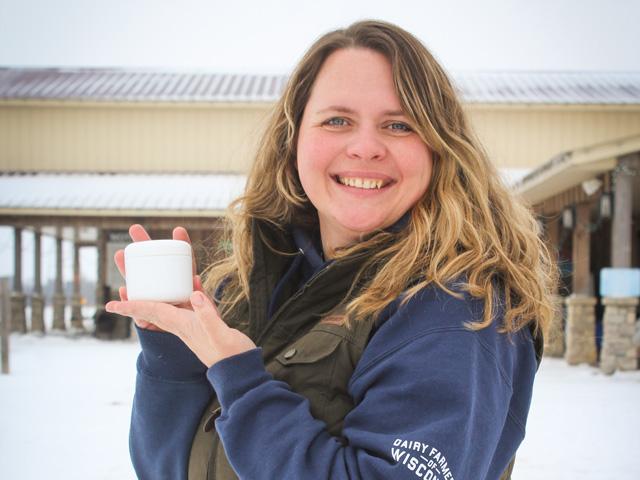Direct Sales
First Comes Trust
Sometimes facts and figures are the wrong tools to use first. Research by The Center for Food Integrity (CFI) indicates while both tools are important, there's a better first step farmers can take when faced with questions from consumers about their livelihood. Talk to consumers about shared values.
"What we've found is consumers want to know those in production agriculture share their values before [farmers] become credible," said executive director Terry Fleck. "Our studies show 'shared values' are three to five times more important than scientific studies and empirical facts when it comes to building trust between consumers and those who produce their food."
CFI is a not-for-profit organization supported by farmers, ranchers, food companies, universities, non-governmental organizations, restaurants, retailers and food processors. Its purpose is to increase dialogue between those diverse groups and through regular social research with consumers.
P[L1] D[0x0] M[300x250] OOP[F] ADUNIT[] T[]
Fleck was surprised by the research findings, he admits. He said everyone was working under the premise that there was this need to educate consumers about how their food is produced using facts and figures.
NO LONGER INVOLVED
Part of the challenge the ag industry faces when it comes to communicating with consumers is due to generational differences. The consuming public is largely removed from the farm -- by up to five generations.
"Over the last 50 years, tremendous change has occurred in our culture and society, and agriculture is no different," Fleck explained. "It has undergone massive consolidation, integration and industrialization."
Meanwhile, members of the consuming public largely have no idea about those changes. They know something has changed on the farm, but they don't know why or what said Fleck.
"Because they have to eat, and because they are bombarded by many conflicting messages from social media, local television and trusted friends within their own circles, people are conflicted and concerned," he explained.
CFI studies show farmers enjoy a more favorable status than the food industry as a whole, making them excellent sources of information for a questioning public.
Fleck gives an example of a livestock producer having a conversation with a consumer, showing how the producer can emphasize shared values without overloading the person with facts. That conversation might go like this: "I know you have legitimate questions about how your meat is produced. Let me assure you I share those same concerns because I live with those animals each day, and their health and well-being are vital to my existence as a producer. Let me explain what we've done on our operation to address those concerns ...." At this point, the producer can begin to use more facts and figures, but the trust comes first.
"We also have to realize engaging the public is not capitulation," said Fleck. "We have to have these conversations if we are to maintain our freedom to produce. Transparency to consumers is being demanded if we are to continue to produce our products without interference."
(BAS)
Copyright 2016 DTN/The Progressive Farmer. All rights reserved.



